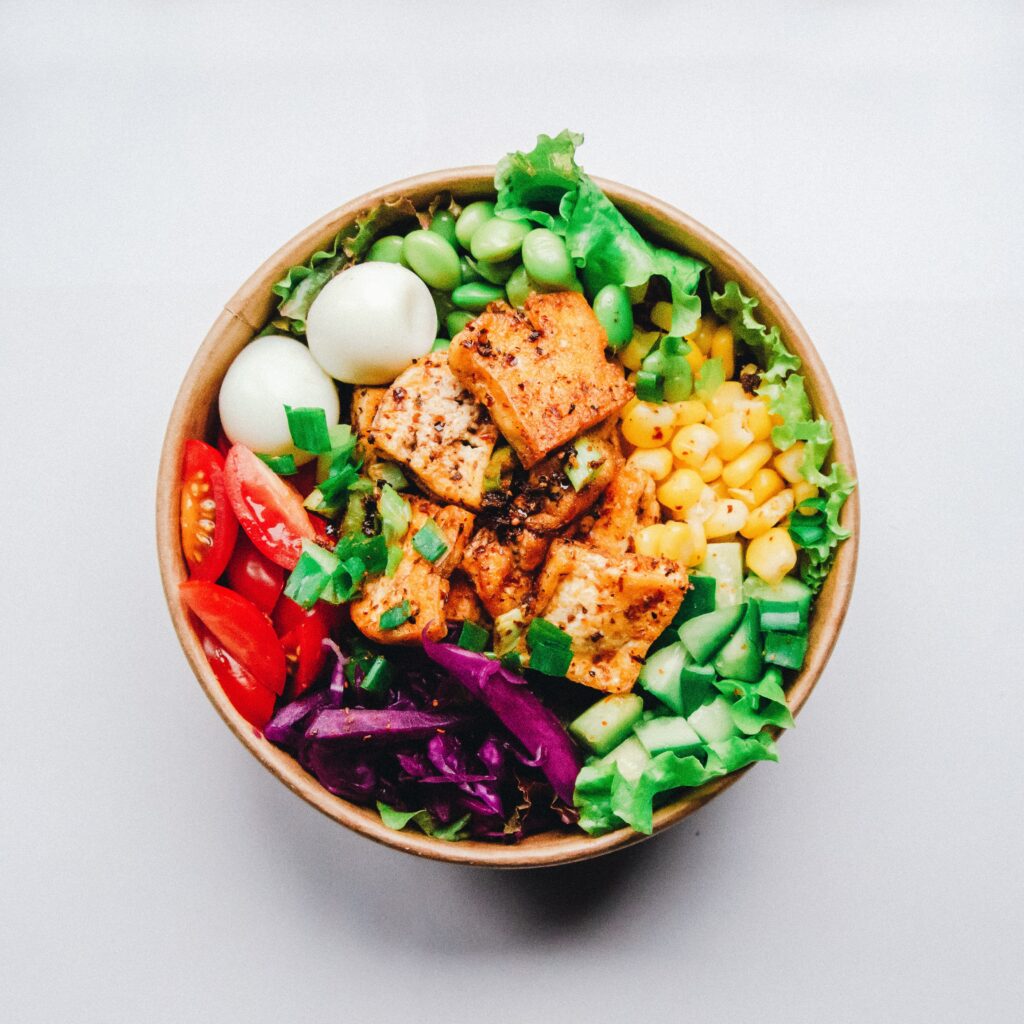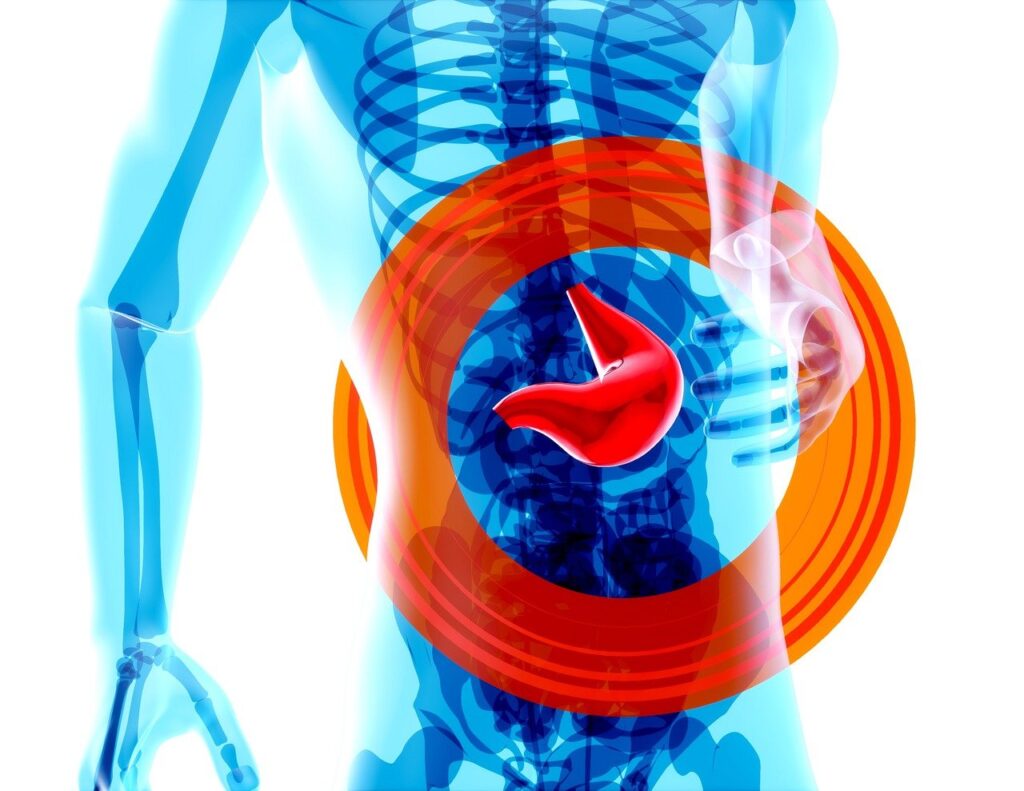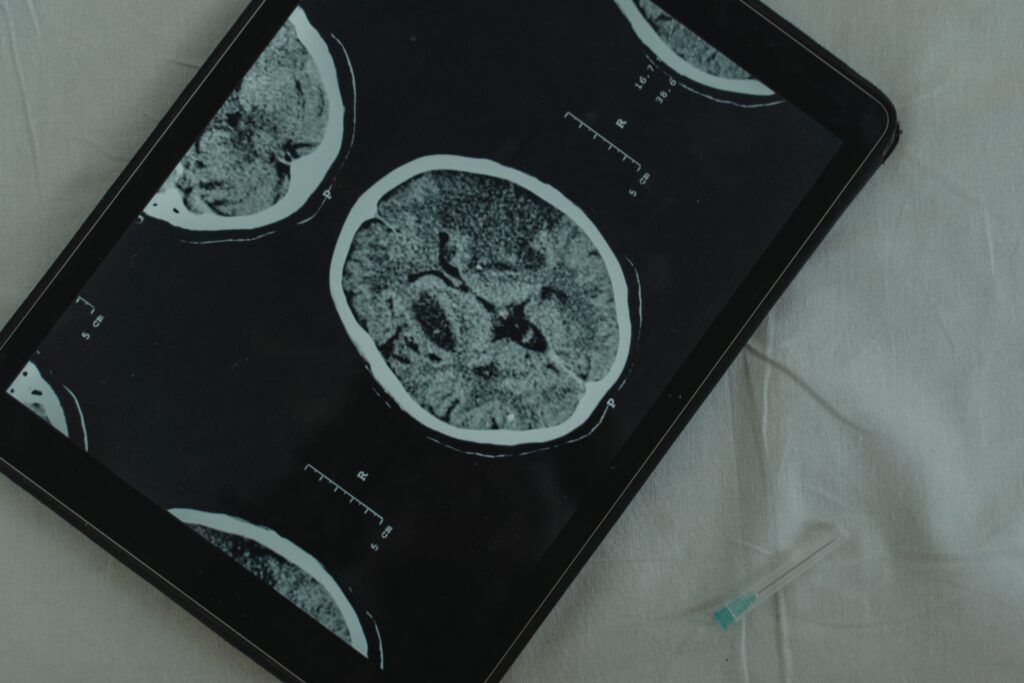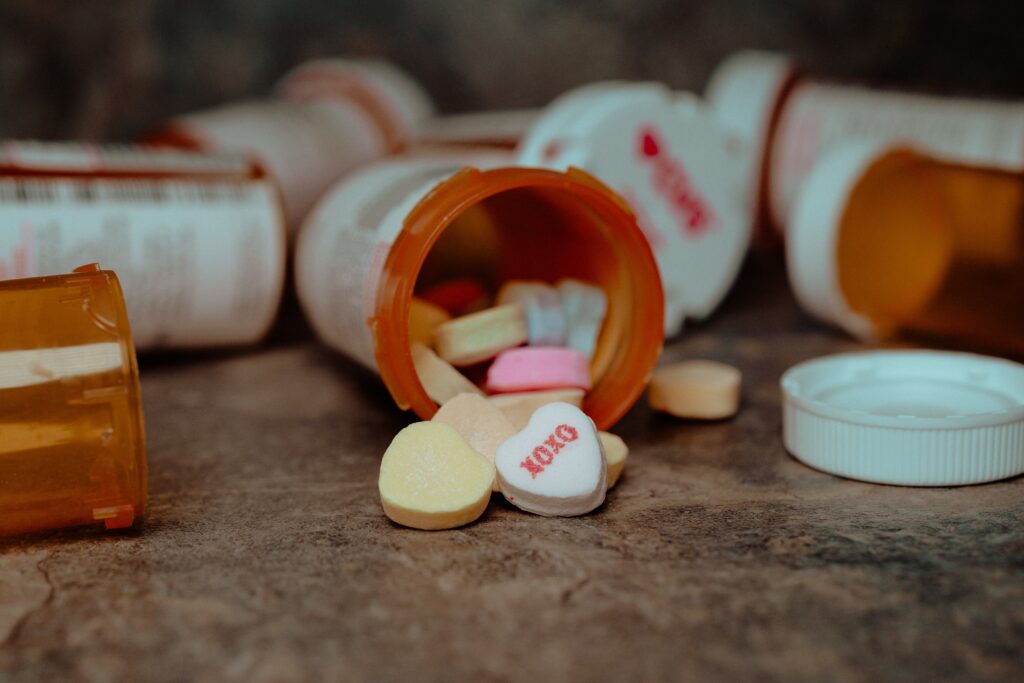
It’s all intertwined: mental health, diet, and exercise.
You either have none, one (in your transformation phase, you’ll realize you need the other two just as much), or all three. That’s how much they affect each other.
Maybe it’s become tiresome to hear things like, “Try going to the gym, “ “Why don’t you start running again?” or “Here! Have some real food.”
If you haven’t reached a place for all three to be in harmony, that kind of encouragement can get annoying.
But do you just want “sobriety,” or do you want to recover in every area of your life?
When life is way less than ideal, there are lots of different opinions on where you should start.
For anyone with a substance use disorder (SUD) your first goal is sobriety.
By any means necessary, you have got to accept that this substance doesn’t serve you, it’s ruining your life, and you cannot handle it.
If that means you smoke more cigarettes for now, eat however much you want for now, or are the most bitter version of yourself anyone will ever see… for now, so be it.
You get sober, first.
However, you’ve got to be careful with the “I’m not using, so everything else has no limits” mindset.
Deciding you can now eat however you want and however much you want is enforcing a “screw it” mentality.
While it is true you only live once, the “screw it” mentality is a slippery slope and tries to throw any hard-won discipline out the window.
If it comes down to using or having a 3rd Snickers bar, please eat the candy.
But here are some mindset shifts that can help you slowly incorporate healthy and easy-to-continue eating habits as early as you can in recovery.
1. Gut health is highly associated with brain chemistry.


We know addiction affects brain chemistry.
The substance itself affects neuroplasticity and brain wave patterns. But it goes deeper than that.
Substance use inhibits poor eating choices, too, which ALSO affects brain chemistry in a negative way. Double whammy!
Really think about this: have you ever seen a physically fit person who struggles with ongoing depression, mental disorders, or substance use?
Sure, there are very few exceptions, but overall, no.
Most people who love to work out and maintain a healthy diet tend to be happier and more stable, tend to have more confidence, and tend not to have substance use disorders (SUDs).
That’s not saying healthier people can’t form an addiction, nor is it saying that unhealthier people can’t overcome addiction.
It just means what you consume (food and/or substances) affects the firing and wiring in your brain.
It means what you eat greatly determines how you feel, think, and act, so the role of nutrition in recovery is tremendous.
2. Make sure you’re not replacing one bad habit with another bad habit.

The science behind habit formation is pretty straightforward.
Craving/trigger → behavior/substance use → reward/dopamine
Repetitions of that cycle make you less and less conscious of why you’re doing it, it becomes a habit.
As mentioned in the previous section, sobriety is the top priority once you enter into any treatment program.
However, it would do more harm than good to tell anybody in early recovery, “It’s okay to binge eat as long as you don’t use.”
I hope no counselor or doctor ever gives this advice, and we certainly don’t here, but I’ve seen many a person in treatment trade one extreme for another, whether it’s smoking or eating boxes and boxes of doughnuts to cope.
They may be sober from opiates, but now they feel horrible in their body and depressed in their mind from their diet and are much more likely to relapse.
Don’t restrict yourself entirely from any given food in early recovery. Just be aware of compulsive tendencies and try to limit yourself as best you can.
3. Don’t take on too much in the beginning.

Some people with substance use disorders enter treatment with some hyper-optimistic energy and are ready to take on the world.
They might come in having hit their rock bottom, had an epiphany, and think nothing can stop them, and success is a straight and narrow path.
The reality is that success is a rocky, uphill and downhill, turned around, got-lost-a-few-times path.
To come into treatment thinking you’re going to get sober, quit smoking, eat a flawless diet, and jog every morning within however many days is very near delusional.
It’s a recipe for catastrophe.
Small changes are key.
Again (is this the third time?), focus on getting sober first. Trying to fix a bunch of other things at once is only going to lead to more overwhelm. Sobriety can be overwhelming by itself.
Being aware of the danger of trading one bad habit for another is enough to help you set gradual boundaries with what and how much you eat in early recovery.
4. It’s not what you can and can’t eat. It’s what you should eat more and less of.

Substance use disorders are unique in many ways. Each one is different. Each individual who’s developed an SUD is different.
One thing that’s pretty universal, though, is that it’s recommended and best to stop them cold, dead turkey.
(With medical assistance in some cases, because withdrawal symptoms can be deadly.)
However, sudden and extreme dietary restrictions are almost never encouraged.
There’s an emphasis on making small changes and gradual restrictions.
Gut health directly affects mental health, and the best way to start cleaning up the gut’s microbiome is to start eating more fiber and protein.
Some foods with a lot of fiber are beans and lentils, broccoli, avocados, and fruits.
Foods with good amounts of protein include lean meats, seafood, chicken, nuts and seeds, and dairy products.
“Eat lots of protein, fruits and veggies.” You’ve heard it before, and maybe it never stuck.
Hopefully, it’ll stick for a different, more powerful reason now.
As far as food to eat less of, those are sugar and ultra-processed foods.
Don’t jump into treatment and give yourself crazy unrealistic limits that set you up for failure.
Just be aware. Try to catch yourself justifying bad eating habits.
If you’re on the coach elbow-deep in a bag of Cheese Puffs and think, “If I can’t have a hit, then I’m eating whatever the heck I want!” (because I’m sure you used the word ‘heck’), just know that’s your body and brain trying to get you back into a comfortable state.
For now, eat the puffs. Next time, maybe only eat half of the bag.
Try and remember, that eating extra servings is a million times better than relapsing, but overeating and poor nutrition do more harm than good to your chances of sustainable recovery.
5. Do you just want to be sober, or do you want to recover?

To be sober is to resist your substance of choice forever.
You can technically do that by locking yourself in a padded room.
You can technically do that by going to another substance.
You can technically be sober in a coma.
Being sober isn’t enough. Even though it’s unarguably the first goal, it was never intended to be the only goal.
Though not as dangerous, using food unhealthily to cope is just another vice.
It’s another thing to feel guilty about, and it’s another habit that ultimately makes you feel miserable and have low self-esteem.
Try to remind yourself that there’s so much more to recovery than not using; recovery is meant to heal you in all areas of your life.
Considering the role of nutrition in addiction recovery is a very beneficial mindset to help you along.
Conclusion
Better nutrition means greater mental clarity.
Greater mental clarity means better chances of staying sober and a higher quality recovery.
Change is uncomfortable. Your body is going to resist, and your thoughts will probably get loud and scattered.
It comes in waves, though.
It’s not constant, and it always passes.
Awareness of that and these other mindset shifts mentioned are great tools to get you through early recovery to a more fulfilling whatever-your-substance-is-free life.
You’re very close to the path leading to that life now, reading this article.
If you’re tired of the dependency, the head trash, and the ruin your substance use disorder seems to leave in your wake, contact us today.